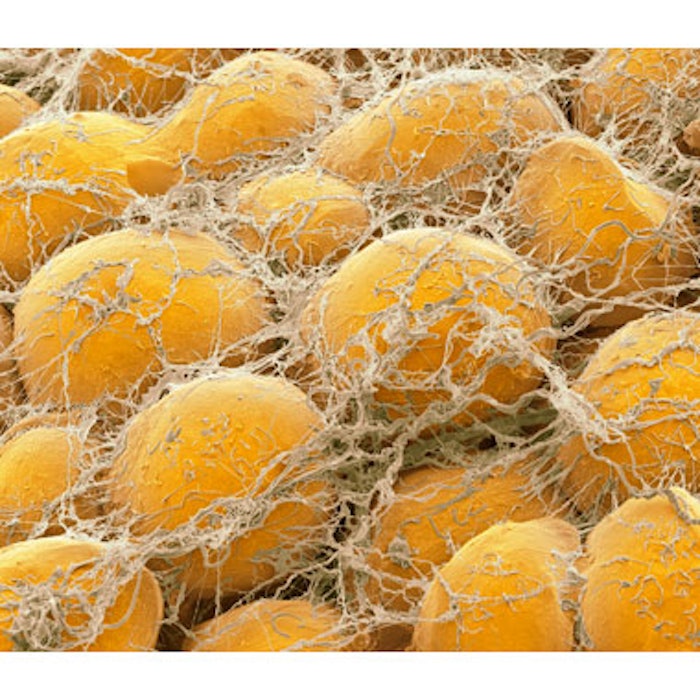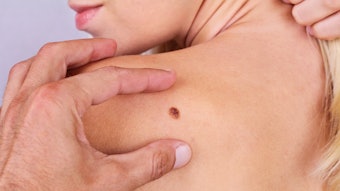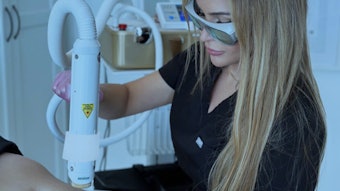
Adipose-derived stem cells (ASCs) taken from the same patients years apart maintained their numbers and ability to differentiate, suggesting that age does not significantly affect the quality of ASCs.
Lauren E. Kokai, PhD, et al, from the University of Pittsburgh, performed a comparative analysis of stromal vascular fraction (SFV) of lipoaspirate taken from three patients—each of whom had tissue cryopreserved several years earlier. This frozen tissue was used for comparison to new lipoaspirate removed 7 to 12 years after the first procedure. Subject 1, a female, underwent tissue collection at 17 and 24 years of age; Subject 2, a male, at 21 and 29 years of age; and subject 3, also a male, at 72 and 84 years of age.
The researchers thawed the cryobanked tissue and assessed it for yield, viability and cellular composition. They further evaluated ASC proliferation and efficiency of tri-lineage differentiation. Outcomes were compared to newly harvested tissue from the same subjects. There was no significant difference in cell yield and SVF subpopulation composition within the same subject between procedures, nor was any change in proliferation rates of cultured ASC observed.
They concluded,“... that despite the natural human aging process, the prevalence and functional activity of ASCs in an adult mesenchymal stem cell is highly preserved."
Commentary by Dre Irizarry, MD, Michael T. Longaker, MD, MBA, and Derrick C. Wan, MD, that accompanied the study—published in Aesthetic Surgery (April 2017)—noted that the frozen cells were not evaluated at baseline prior to cryopreservation. Therefore, it is difficult to determine whether cell function was preserved with age or if the frozen cells may have been affected by long-term cryopreservation.
Image copyright Getty Images











